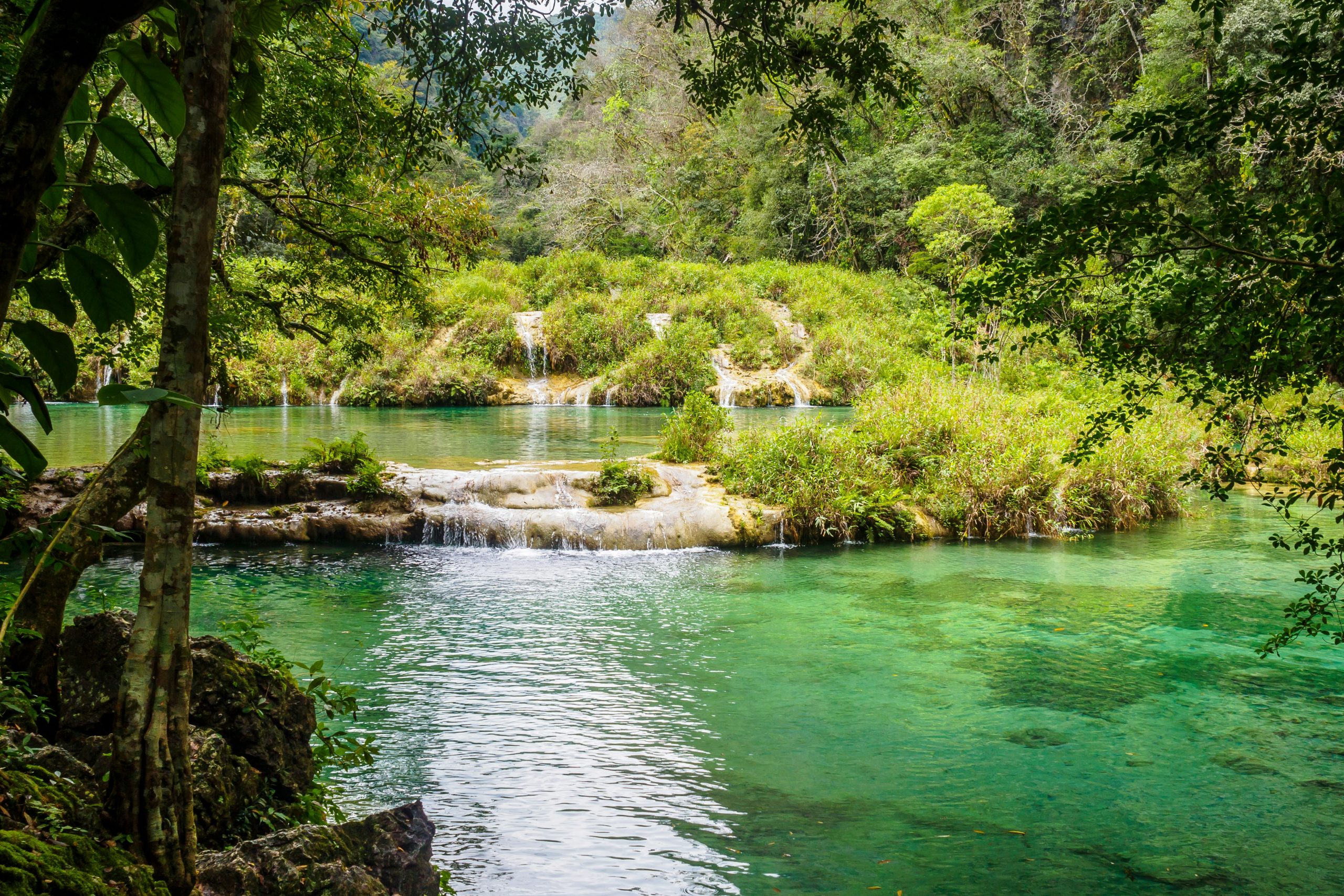eco-tourism in Africa

Experience the wild beauty of Africa with a touch of sustainability – delve into the world of eco-tourism in Africa!
Eco-tourism principles in Africa

sustainable tourism in africa
Sustainable tourism in Africa focuses on minimizing the negative impact of tourism on the environment while maximizing the benefits for local communities. This approach emphasizes *environmental conservation*, *cultural preservation*, and *socio-economic development*. By promoting responsible travel practices, sustainable tourism aims to protect natural resources and support the well-being of both the environment and indigenous populations.
empowering locals in ecotourism
Empowering local communities is a crucial aspect of eco-tourism in Africa. Local businesses play a vital role in the development of sustainable tourism by providing authentic cultural experiences, supporting small-scale entrepreneurs, and creating opportunities for community engagement. By involving locals in ecotourism initiatives, the industry can promote *inclusive growth* and *socio-economic empowerment* while preserving traditional knowledge and practices.
regenerative tourism and its impact
Regenerative tourism goes beyond sustainability by focusing on restoring and revitalizing ecosystems, cultures, and communities. In Africa, regenerative tourism practices aim to *regenerate biodiversity*, *revitalize indigenous cultures*, and *reconnect people with nature*. By adopting regenerative principles, tourism operators can contribute to the long-term *resilience* and *well-being* of both the environment and local populations.
ethical considerations in wildlife conservation
When engaging in wildlife tourism in Africa, it is essential to consider ethical implications, especially regarding activities such as captive lion hunting. Ethical wildlife tourism should prioritize the well-being and conservation of endangered species, promote *animal welfare*, and *respect natural habitats*. By supporting ethical wildlife conservation efforts, tourists can contribute to the protection of Africa’s diverse ecosystems and species.
the role of sustainable hospitality
Sustainable hospitality practices are integral to the success of eco-tourism in Africa. By promoting *energy efficiency*, *water conservation*, and *waste reduction*, hotels and lodges can minimize their environmental footprint and support sustainable tourism initiatives. Sustainable hospitality also involves *community engagement* and *knowledge sharing* to create positive social impacts and foster a culture of responsible travel.
eco-friendly spots to visit in south africa
When planning a trip to Africa, consider visiting these *eco-friendly spots* in South Africa that showcase the country’s commitment to sustainable tourism:
– Kruger National Park: a renowned wildlife sanctuary with conservation programs
– Cape Town’s Table Mountain: a UNESCO World Heritage Site known for its biodiversity
– The Garden Route: a scenic coastal corridor promoting sustainable tourism practices
By exploring these eco-friendly destinations, travelers can experience the beauty of Africa while supporting conservation efforts and sustainable practices.
Sustainable practices and conservation efforts

ecotourism and eco-friendly hotels, a rising trend
In recent years, the concept of eco-tourism has gained significant traction within the travel industry. Travelers are increasingly seeking out sustainable accommodation options that minimize their impact on the environment. Eco-friendly hotels, such as the Pench Tree Lodge and Waghoba Eco Lodge, have been at the forefront of this movement, implementing innovative practices to reduce energy consumption, promote recycling, and support local communities. Their commitment to sustainability was recently recognized at the ICRT India Awards 2023, where they triumphed for their dedication to conservation efforts.
green tourism: new frontier for sustainable travel
As we navigate towards a more environmentally conscious future, green tourism has emerged as a new frontier for sustainable travel. Destinations like Iran are harnessing the power of eco-tourism to promote conservation initiatives and preserve their natural heritage. By encouraging visitors to engage with local communities and ecosystems in a responsible manner, green tourism is reshaping the way we travel and inspiring a deeper appreciation for the world around us.
the economic benefits of global ocean conservation
The health of our oceans is essential to the well-being of our planet, and eco-tourism plays a crucial role in supporting ocean conservation efforts. Not only does sustainable tourism help protect marine ecosystems and endangered species, but it also generates significant economic benefits for coastal communities. By investing in initiatives that promote responsible marine tourism, we can create a harmonious relationship between humans and the sea, ensuring a brighter future for all.
time to focus on sustainable tourism
The time to prioritize sustainable tourism practices is now more critical than ever. With the global tourism industry rapidly expanding, it is essential that we adopt eco-friendly policies to safeguard our planet for future generations. Initiatives like the Oslo Statement on Eco-tourism and #JOM! are leading the way in advocating for sustainable practices that benefit both the environment and local communities. By supporting eco-tourism and conservation efforts, we can make a meaningful impact on the world around us and create a more sustainable future for all.
Community involvement in eco-tourism initiatives

In the realm of sustainable travel and eco-tourism, community involvement plays a crucial role in the success and impact of eco-tourism initiatives worldwide. From Sabah’s emphasis on sustainability and local community development to Costa Rica’s pioneering efforts in sustainable tourism, the integration of local communities into eco-tourism projects is proving to be a vital component for preserving natural resources, supporting economic growth, and fostering cultural exchange.
The Role of Public-Private Partnerships
One key aspect of community involvement in eco-tourism initiatives is the establishment of public-private partnerships. These collaborations bring together governmental entities, private businesses, and local communities to work towards sustainable tourism practices. In Sri Lanka, for instance, public-private partnerships have been instrumental in fostering sustainable tourism and enhancing community engagement in conservation efforts.
Community-Based Ecotourism
Community-based ecotourism stands out as a promising solution for protecting ecologically sensitive areas while promoting local development. Initiatives such as the new program aiming to strengthen community rural tourism in Yucatan, Mexico, highlight the positive outcomes of empowering local communities to take an active role in eco-tourism activities. By involving residents in decision-making processes and revenue-sharing mechanisms, community-based ecotourism fosters a sense of ownership and responsibility for environmental conservation.
Biodiversity Conservation and Sustainable Tourism
Biodiversity conservation is at the heart of sustainable tourism practices, especially in areas like the Annapurna Conservation Area. Understanding the impacts of nature-based tourism on biodiversity and ecosystems is essential for developing effective conservation strategies. By promoting community participation in eco-environmental conservation efforts, protected areas can thrive while simultaneously benefiting local populations through eco-tourism initiatives.
Achieving a Sustainable Future
To ensure a sustainable future for eco-tourism, a holistic approach that prioritizes community involvement and environmentally friendly practices is paramount. Top environmentally friendly travel companies are leading by example, demonstrating how sustainable tourism can drive positive change while respecting local communities and ecosystems. By continuously assessing the significance of community participation in eco-tourism activities, we can collectively work towards a more sustainable and inclusive travel industry.